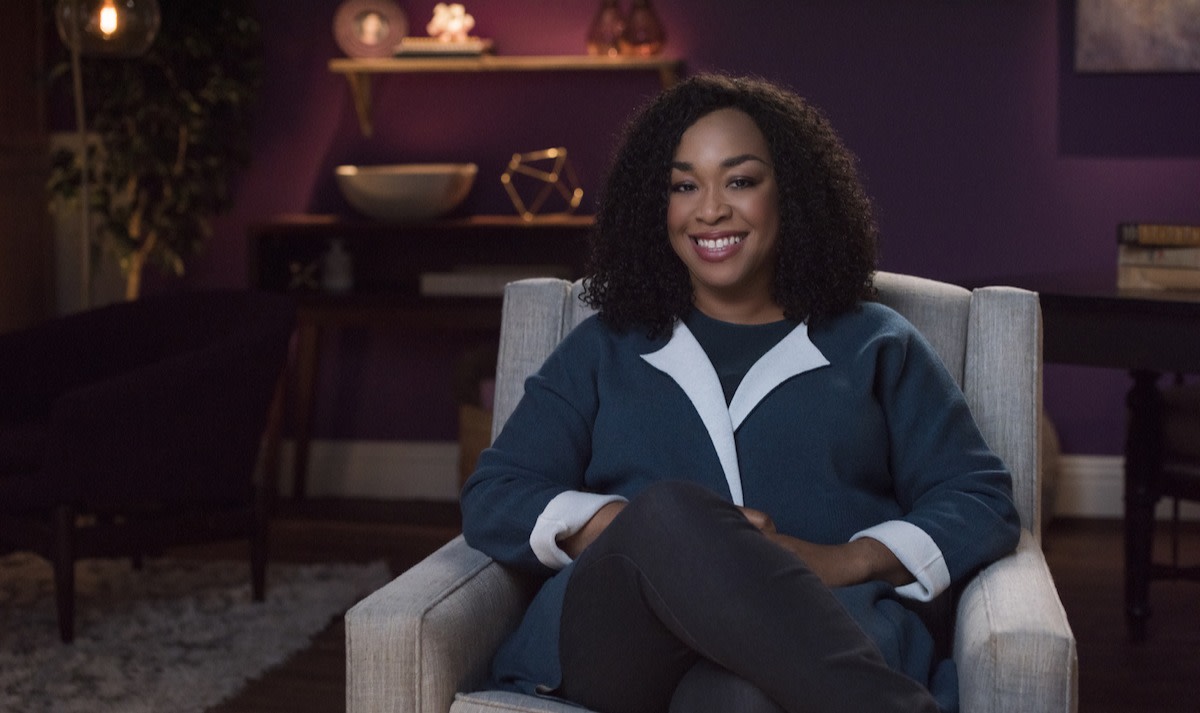What Is a Showrunner: Shonda Rhimes’s Advice for Showrunners
Written by MasterClass
Last updated: Sep 10, 2021 • 4 min read
A showrunner can be different things to different people, but award-winning writer, producer, and showrunner Shonda Rhimes sums it up best: “A showrunner is somebody who keeps a show running. They keep a television show running.”
Learn From the Best
What Is a Showrunner?
A showrunner is the person who has overall creative authority and management responsibility for an entire television series. Often, the showrunner is a writer. He or she is not necessarily the creator of the tv show, but always an executive producer.
Showrunners make sure that scripts are finalized, that budget is adhered to as prescribed by the line producer, that actors are happy, and that the writers’ room is moving forward. They work with the crew and with the studio and/or network. Finally—and most importantly—he or she protects the creative vision of the show.
What Are the Responsibilities of a Showrunner?
Showrunners are in charge of every single aspect of a show, from conception (unless they are separate from the creator) to pre-production to shooting and all the way through post production and delivery. Here are a few key responsibilities:
- Liaise with the network and/or studio regarding the development of the series. They serve as the primary point of contact for the network, studio, and production company entities for delivery requirement issues including final scripts, cuts, air dates, show timings, and standards and practices.
- Select and/or approve all department heads, including the Casting Director, Cinematographer, Production Designer, Costume Designer, and team of editors, in addition to providing ongoing in-person consultation with them throughout the season. They also select and/or approve the talent—the actors.
- Run the writer’s room. This includes selecting and/or approving all writing staff. They are responsible for turning in season and episode outlines to the network or studio, assigning episodes to writers, and making sure the series maintains a consistent “voice” and tone. This generally includes doing a pass on every single script, regardless of which writing staff member receives “written by” credit for said episode.
How Is a Showrunner Different From a Creator, a Director, and an Executive Producer?
Titles in television can be confusing and often differ from titles in film, so let’s break down how the roles of showrunners, creators, executive producers, and directors work in television.
A creator is the individual who comes up with a concept for a show, pitches said show, and sells the idea to a network or studio. As the creator, you will always get executive producer credit. You will not, however, always be the showrunner. If you are a newer creator without significant credits, oftentimes the network will pair creators with a separate, experienced showrunner who will execute the creator’s overall vision for the tv series. In many cases, the creator is also the showrunner.
A director is a person who determines the creative vision of a feature film, television show, play, short film, or other production. They have complete artistic control of a project. In addition to having a strong grasp of technical knowledge taught in directing classes, they must also have a personal or emotional connection to the material. Learn more about a director’s job on set in our complete guide.
A showrunner is always an executive producer, but they are not necessarily the creator or the director.
What Skills Do You Need to Be a Good Showrunner?
Shonda Rhimes, the showrunner of the acclaimed television series Grey’s Anatomy, believes the #1 core skill needed to be a successful showrunner is the ability to communicate honestly.
Shonda explains: “What happens to a lot of people is they get afraid. People get afraid, and because they're afraid they stop communicating. Their fear makes them shut up. They think, ‘If I say less, people won't know that I don't know anything.’ But the best thing you can do is say, ‘I'm a show-runner. We're $100,000 over budget, I don't know why—I'm confused.’ The best thing you can do is to admit that you don't know something. Or admit that you want to do something and you can't explain why. You just want to do it. The honesty that comes from that—from just continuously talking and opening your mouth and saying what's going on—is priceless, because all people want is information. And if your information is, ‘I don't know,’ that's better than silence. Because silence makes people think you're crazy, you don't know what you're doing. And that's dangerous.”
What Experience Do You Need to Be a Showrunner?
There’s no real way of learning to be a showrunner unless you get the actual job. That being said, the most common path to becoming a showrunner is to work your way up through the writer’s room: from writer’s assistant, to staff television writer, to story editor, and so on. With the invaluable experience you gain from working under other showrunners, you can observe how they run a writer’s room, navigate challenges in production and post-production, and learn what works and what doesn’t.
Learn more about showrunning in Shonda Rhimes’s MasterClass.
